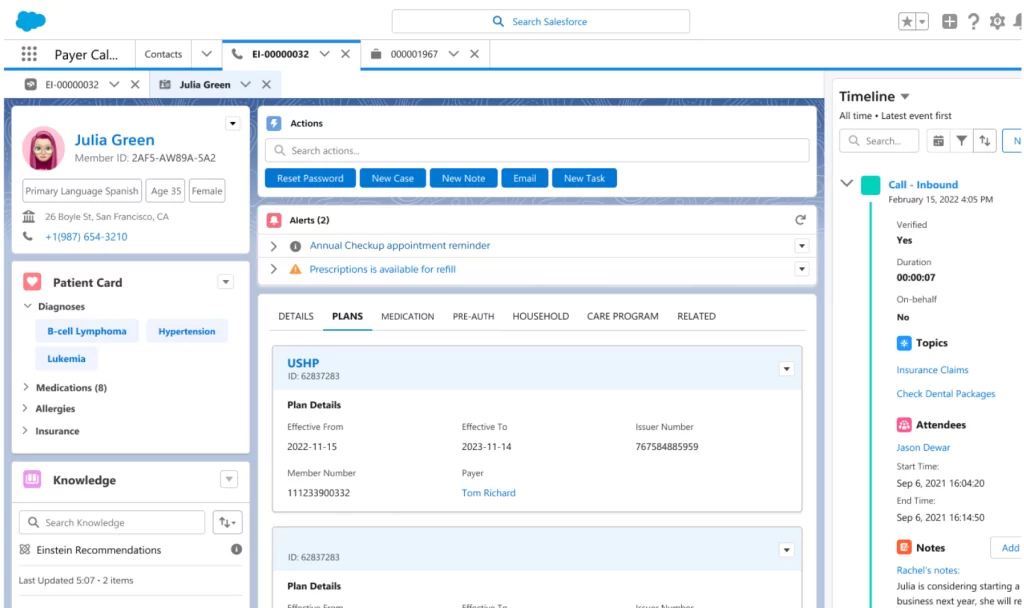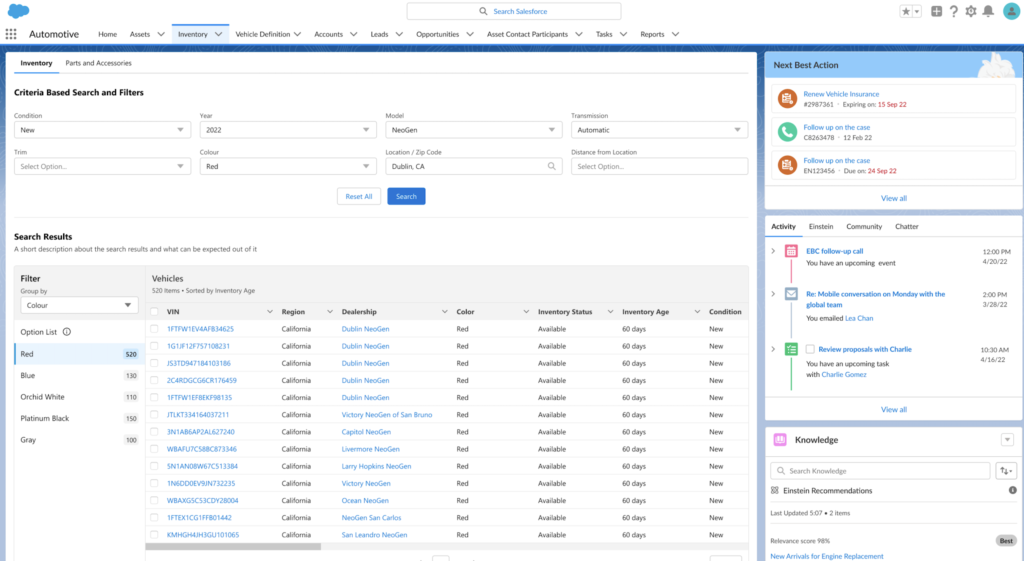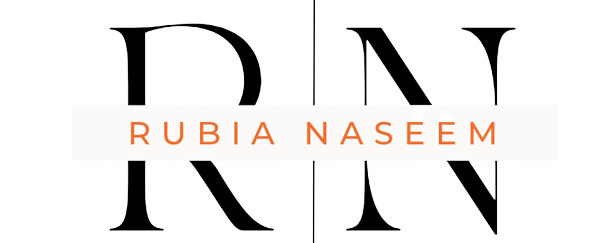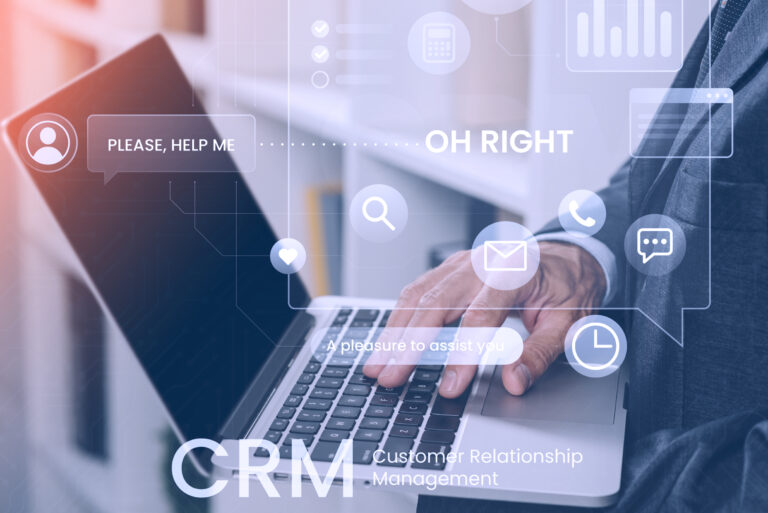Are you a marketing head or a chief marketing manager who is struggling with managing your internal marketing team or external digital agencies?
Do you find your sales team is constantly facing difficulties in tasks including lead capturing, tracking, qualification, distribution, and nurturing?
Whether you’re in the manufacturing, healthcare, automobile, hospitality, or travel industry, I’ve got you covered.
In this blog, I will unveil the secrets to creating a powerful and data-driven marketing automation strategy that will revolutionize your business.
Imagine a world where your customer interactions are seamlessly managed, your leads are automatically qualified and distributed, and your productivity soars. With a well-crafted marketing automation strategy, you can achieve all this and more.
Get ready to unlock the full potential of marketing automation.
In the following sections, I will guide you through tried and tested steps to create a tailored strategy for your industry.
By the end of this blog, you’ll have the knowledge and tools to implement a marketing automation system that will supercharge your business growth.
What is a Marketing Automation Strategy?
Marketing automation strategy refers to the process of designing and implementing a systematic approach to automate and streamline various marketing tasks and processes. It involves using technology, software, and data to automate repetitive marketing activities, such as email campaigns, social media posts, lead generation, customer segmentation, and customer nurturing.
The goal of marketing automation strategy is to enhance marketing efficiency, effectiveness, and personalization by automating manual tasks and delivering relevant content to the right audience at the right time. It allows businesses to create more targeted and personalized marketing campaigns, nurture leads throughout the customer journey, and ultimately drive higher conversion rates and revenue.
By leveraging marketing automation tools, businesses can automate repetitive tasks, track customer behavior, analyze data, and implement personalized marketing workflows. This enables marketers to focus on strategic planning, creative content creation, and analyzing campaign performance, rather than spending excessive time on manual execution.
7 Benefits of Marketing Automation Strategies for Industries
Marketing automation strategies offer numerous benefits to industries across different sectors. Whether you’re a small business or a large enterprise, implementing marketing automation can significantly enhance your marketing efforts and drive better results. Here are seven key benefits of marketing automation strategies:
Improved Efficiency
Marketing automation streamlines manual tasks, eliminates repetitive work, and reduces the time spent on administrative processes. This allows marketers to focus on more strategic activities and maximize productivity.
Enhanced Lead Nurturing
With marketing automation, you can deliver personalized and relevant content to leads at each stage of the customer journey. This helps build stronger relationships, nurture leads effectively, and increase the chances of converting them into customers.
Increased Revenue
By automating lead generation, nurturing, and conversion processes, marketing automation strategies can drive higher conversion rates and generate more revenue for your business.
Better Customer Segmentation
Marketing automation tools enable you to segment your audience based on demographics, behavior, and other relevant factors. This allows you to deliver targeted messages and tailor your marketing efforts to specific customer segments, improving engagement and conversion rates.
Improved Campaign Tracking and Analysis
Marketing automation provides detailed analytics and reporting capabilities, allowing you to track the performance of your marketing campaigns in real-time. This data-driven approach helps you make informed decisions, optimize your strategies, and achieve better ROI.
Personalized Customer Experiences
With marketing automation, you can create personalized customer journeys, delivering the right content to the right people at the right time. This enhances the overall customer experience and fosters long-term loyalty.
Scalability
Marketing automation strategies are scalable and adaptable to the growth of your business. Whether you have a small customer base or a large one, marketing automation can handle the increasing demands of your marketing efforts effectively.
By learning and implementing marketing automation strategies, you can leverage these benefits to drive your business forward. With a systematic approach to automate marketing tasks, deliver personalized content, and optimize campaigns, marketing automation is the ideal solution for achieving marketing efficiency and effectiveness in today’s digital age.
Step-by-Step Guide to Create a Marketing Automation Strategy [Industry Wise]
Creating a marketing automation strategy that is tailored to specific industries requires understanding the unique characteristics and needs of each sector.
In this step-by-step guide, we will explore the process of creating a marketing automation strategy for various industries, including manufacturing, healthcare, automobile, hospitality, and travel.
By following these steps, you can develop industry-specific marketing automation strategies that cater to the specific requirements of each sector and drive better results.
Step 1: Define Your Goals and Objectives
Clearly define your marketing goals and objectives for your specific industry. Identify what you want to achieve, whether it’s lead generation, brand awareness, customer retention, or increasing bookings. This step will provide a clear direction for your marketing automation strategy and ensure it aligns with your industry’s goals.
Step 2: Understand Your Industry’s Target Audience
Gain a deep understanding of your industry’s target audience and segment them based on relevant criteria. For manufacturing, identify key decision-makers and buyers within companies. In healthcare, segment your audience based on medical specialties or patient demographics. In the automobile industry, consider factors such as car preferences, buying behaviors, and maintenance needs. In hospitality and travel, segment travelers based on preferences, interests, and travel patterns. Understanding your audience will allow you to deliver personalized and targeted messages.
Step 3: Choose the Right Marketing Automation Platform
Evaluate and select a marketing automation platform that suits the specific needs of your industry. Look for features such as lead nurturing workflows, email marketing automation, CRM integration, and analytics capabilities. Consider industry-specific requirements, such as compliance regulations in healthcare or inventory management in manufacturing. Choosing the right platform will empower you to automate and streamline your marketing activities effectively.
By following these steps, you will definitely be able to create industry-specific marketing automation strategies to optimize your marketing efforts and deliver results aligned with your sector.
Key Considerations For Successfully Performing marketing automation strategies
Successfully implementing marketing automation strategies requires a holistic approach that goes beyond the step-by-step process. Here are some additional key considerations to keep in mind:
Align Marketing and Sales Teams
Marketing automation works best when there is seamless coordination and collaboration between the marketing and sales teams. Ensure that both teams are aligned on goals, lead qualification criteria, and the lead handoff process. This alignment will enhance lead management, improve conversion rates, and drive revenue growth.
Content and Personalization
High-quality content is crucial for effective marketing automation. Invest time and resources in creating compelling and relevant content that resonates with your target audience. Additionally, leverage personalization features offered by your marketing automation platform to deliver tailored messages to different segments. Personalized content increases engagement, improves customer experience, and boosts conversions.

Source: Wishpond
Continuous Monitoring and Optimization
Marketing automation is an ongoing process. Regularly monitor and analyze your campaigns’ performance, key metrics, and customer data. Use this information to refine your strategies, optimize workflows, and make data-driven decisions. Continuous monitoring and optimization will ensure that your marketing automation efforts stay relevant, effective, and aligned with the evolving needs of your target audience.
By considering these additional insights, you can enhance the success of your marketing automation strategies. Remember, marketing automation is not a one-time implementation but an iterative process that requires continuous improvement and adaptation. Stay agile, track results, and make adjustments to maximize the benefits of your marketing automation efforts.
Best 4 Marketing Automation Examples
Let’s explore how marketing automation can be used to improve and enhance marketing efforts in each of these sectors:
Manufacturing
In the manufacturing industry, marketing automation can streamline lead generation, nurture leads, and improve customer engagement.
For example, automated email campaigns can be used to deliver relevant content and product information to potential buyers at different stages of the sales funnel. By tracking and analyzing customer behavior, manufacturers can identify the most engaged leads and prioritize sales efforts accordingly. Marketing automation also allows for effective remarketing and lead nurturing to maintain a strong relationship with prospects throughout their decision-making process.
Healthcare

Source: Salesforce
Marketing automation plays a crucial role in the healthcare industry by enabling personalized patient communications, appointment reminders, and follow-up messages.
For instance, automated workflows can be set up to deliver educational content, health tips, and appointment notifications based on patients’ preferences and medical history. Marketing automation also facilitates targeted campaigns for specific healthcare services or specialties, helping healthcare providers reach their target audience and improve patient engagement and satisfaction.
Automobile

Source: Salesforce
Marketing automation in the automobile industry can enhance customer experiences and boost sales. Automated workflows can be used to send personalized messages and offers to potential car buyers based on their preferences and browsing behavior. For example, after a customer shows interest in a specific car model, automated follow-up emails can provide additional information, schedule test drives, or offer incentives to encourage a purchase. Marketing automation also supports post-purchase activities such as automated service reminders, vehicle maintenance tips, and targeted upselling campaigns.
Travel and Hospitality
In the travel and hospitality sector, marketing automation can streamline customer communication, increase bookings, and improve guest satisfaction. Automated email campaigns can be used to send personalized offers, travel tips, and booking confirmations to potential guests. Marketing automation platforms can integrate with booking systems, enabling personalized post-stay emails and feedback requests. Additionally, automated workflows can be used for loyalty programs, targeted promotions, and upselling opportunities, enhancing the overall guest experience and driving repeat bookings.
By leveraging the power of marketing automation, these industries can optimize their marketing efforts, improve customer engagement, and drive better results. The examples provided highlight just a few of the possibilities that marketing automation offers beyond the scope of this tutorial. With the right strategies and tools, businesses in these sectors can unlock the full potential of marketing automation to achieve their goals and stay ahead in a competitive landscape.
My Experience With Marketing Automation Strategy
In conclusion, this tutorial has provided a comprehensive guide to creating industry-specific marketing automation strategies for various sectors. By following the step-by-step process, considering key factors, and exploring examples across manufacturing, healthcare, automobiles, travel, and hospitality, you can enhance your marketing efforts and drive better results. As an experienced marketing automation consultant, I possess a wide range of industry knowledge and best practices, making me a valuable resource for understanding and implementing marketing automation strategies.
Whether you’re a marketing professional, business owner, or industry enthusiast, leveraging the power of marketing automation can give you a competitive edge and maximize your marketing efforts. By applying the insights and recommendations shared in this tutorial, you can adapt the steps and considerations to suit your industry’s unique needs.
Stay proactive, embrace new technologies, and continue to refine and optimize your strategies to stay ahead in the dynamic landscape of marketing.
Now is the time to take action and harness the power of marketing automation in your industry. Unlock its potential, drive meaningful results, and propel your business towards success.
FAQ
What are the pillars of marketing automation?
The pillars of marketing automation include lead generation, lead nurturing, segmentation, personalization, and analytics.
How do you develop a marketing automation strategy?
Answer: Develop a marketing automation strategy by defining goals, identifying target audience, creating relevant content, setting up automation workflows, and analyzing results for optimization.
How many businesses use marketing automation?
A significant number of businesses use marketing automation, with the exact figure varying across industries and company sizes.
What is the ROI of marketing automation?
The ROI of marketing automation can vary depending on various factors such as industry, implementation, and strategy, but it generally helps businesses improve efficiency, increase revenue, and achieve better marketing results.
What is the biggest obstacle to marketing automation?
The biggest obstacle to marketing automation is often the lack of alignment between sales and marketing teams, along with the challenge of effectively integrating and managing data.
Why invest in marketing automation?
Investing in marketing automation can streamline processes, improve customer targeting, increase conversions, enhance lead nurturing, and ultimately drive business growth and revenue.






![How to master lead management automation [based on my 15 years exp]](https://rubianaseem.com/wp-content/uploads/2024/08/Blue-White-Modern-Marketing-Blog-Banner-4-768x432.webp)